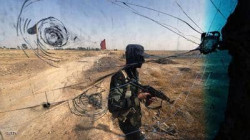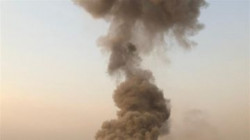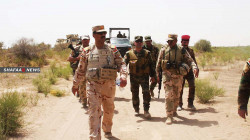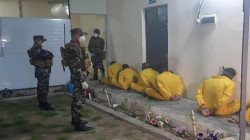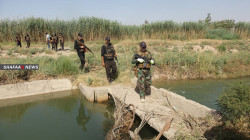Saladin Politicians Sound Alarm Over Potential Corrupt and Ineffective Provincial Council
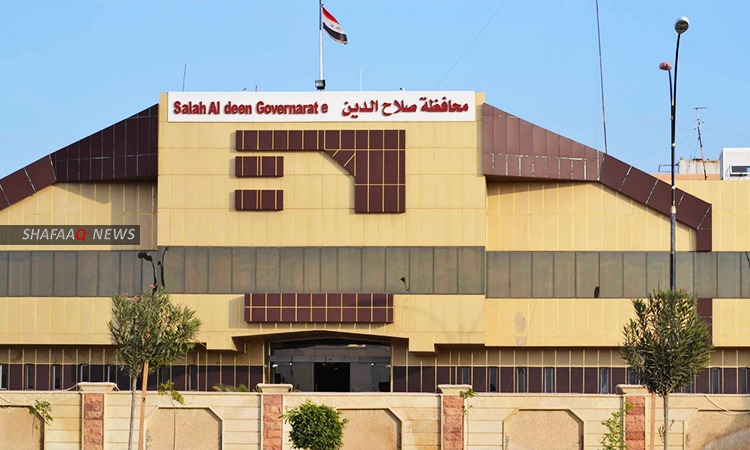
Shafaq News/ Concerns are mounting among politicians in Saladin governorate over the prospects of a provincial council tainted by "failure and corruption," attributed to the influence of political capital and the stronghold of powerful entities over an extended period.
Maher Hussein, a member of the Shiite Coordination Framework, explained to Shafaq News Agency how established powers shape the political landscape in the Governorate.
He noted that candidates are often chosen based on their loyalty to bloc leaders, "disregarding competence and the fulfillment of promises to voters." Hussein expressed concerns that these selected individuals may serve as "mere instruments to execute the agendas of influential factions."
Hussein cautioned that the dire potential for a corrupt and debilitating provincial council looms large unless state intervention is enacted to counter these trends. He underscored that the province is at risk of "succumbing to the grip of political and clan domination" and urged for proactive measures to save it from such a fate.
Hussein emphasized that the Shiite component constitutes about 20% of the population in Saladin and occupied only four out of 29 seats in the previous provincial council, raising concerns about their ability to influence decisions. Questions arise about the Shiite component's role and representation, with the number of seats set to be reduced to 15 in the upcoming council.
In contrast, Khaled al-Khazraji, a candidate in Saladin's coordination framework list and former provincial council member, offered a more optimistic outlook.
Al-Khazraji anticipated positive changes in the upcoming local elections due to heightened public awareness of the province's political and electoral reality, as well as the challenge of perpetrating fraudulent activities with the presence of electronic voter cards.
Al-Khazraji revealed his candidacy within the "Sadiqun" bloc of the Coordinating Framework Coalition, alongside the Badr bloc, the State of Law, and the Sanad movement. He indicated that the Sadiqun bloc would present a diverse array of seven candidates from Shiite, Sunni, and Turkmen regions.
Former Saladin Council member and Progressive Bloc candidate for the upcoming elections, Hardan al-Faraji, expressed skepticism about a substantial change in the provincial council's dynamics and administrative landscape. He attributed this sentiment to the impact of the Sainte-Laguë electoral method, enabling larger blocs to "absorb smaller ones and potentially hinder independents and emerging movements."
Faraji also pointed out the influence of political capital within the blocs, particularly the party of the masses, which dominates decision-making and holds sway over government institutions.
Political analyst Muhammad Abdel Rahman echoed these concerns, predicting that the dominant blocs in Saladin will maintain their hold on the political and administrative scene. Rahman suggested that the party's fortunes would remain influential, followed by the Azm coalition, owing to their support from Baghdad and prominent positions.
Considering the Shiite component's chances, Rahman projected a winning outcome of three seats in the provincial council elections based on field and demographic evidence and expert consensus.
Nonetheless, Rahman highlighted anticipated challenges for competing forces, including voter apathy. He pointed to the historically low participation rate of 25% in the previous parliamentary elections, suggesting a slightly improved rate for the upcoming local elections.
